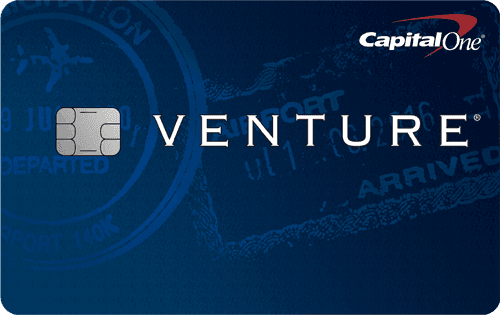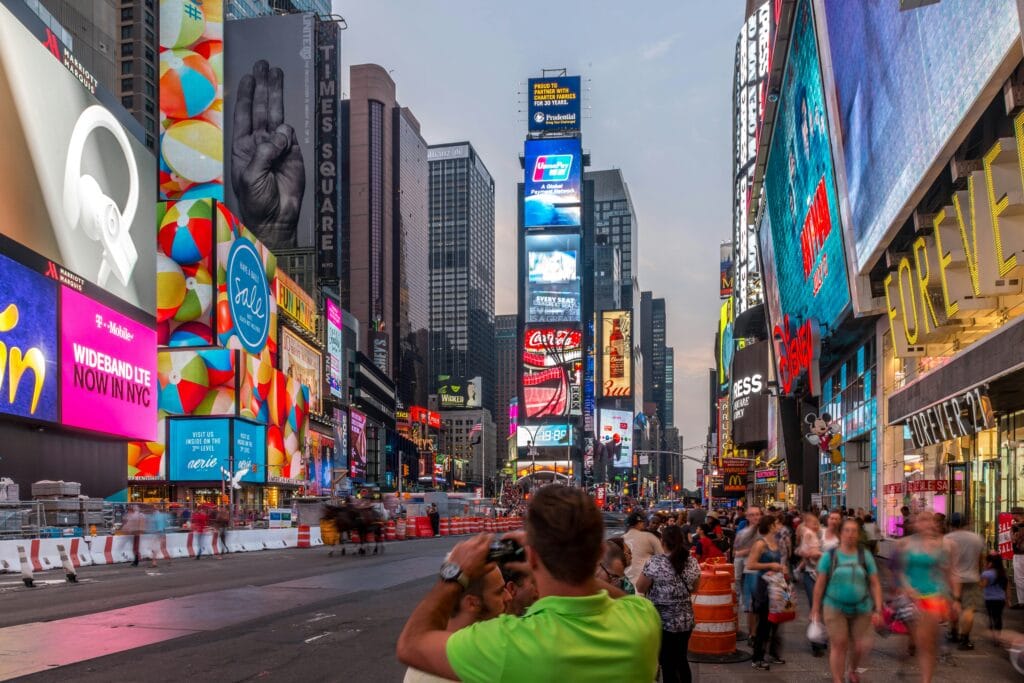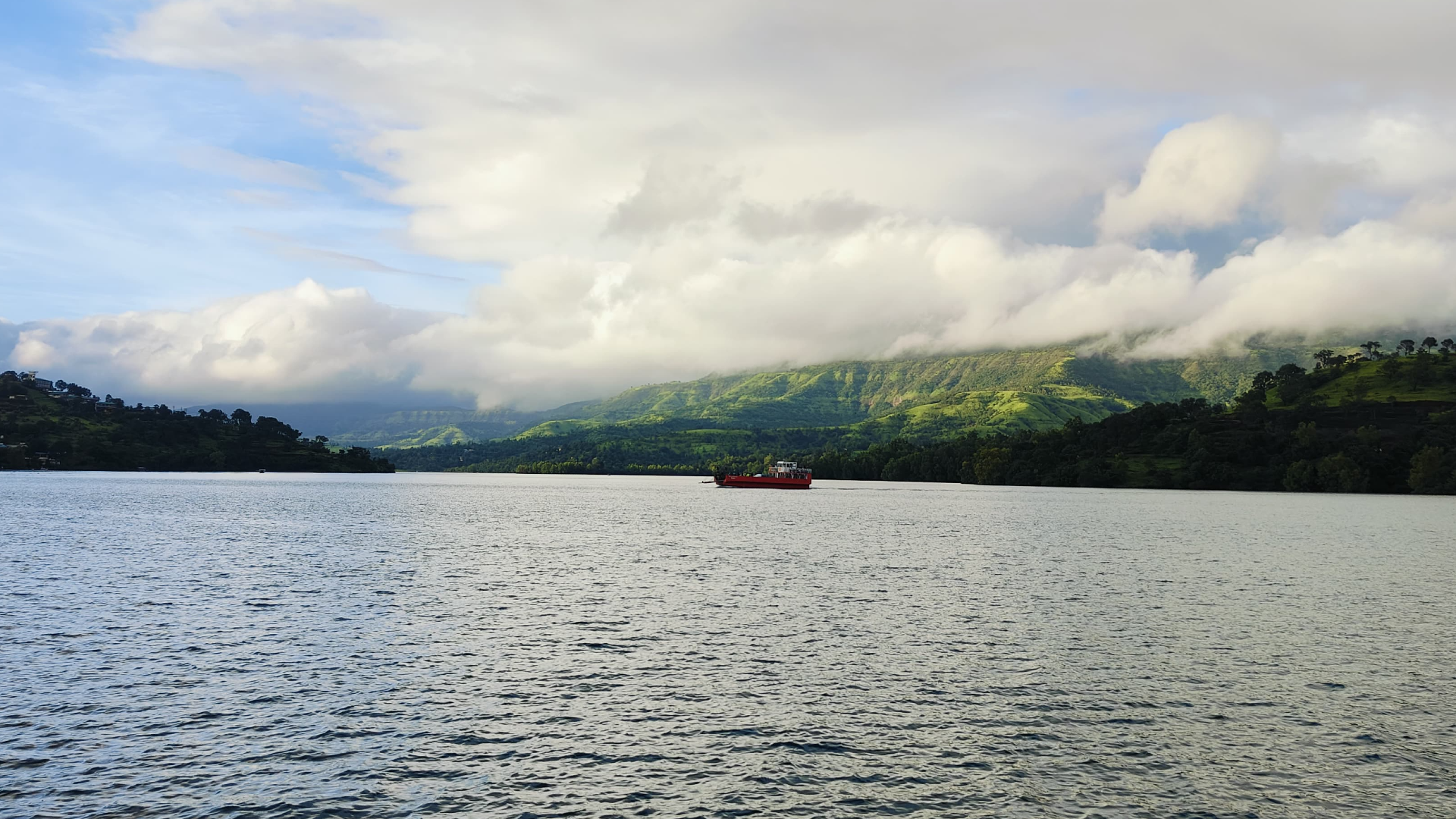Tourists who frequently visit Sri Lanka for its sandy coasts and wooden forests and historic sites should explore its numerous attractions that extend past established vacation destinations. These alternate destinations propose a complete historical and wildlife experience with magnificent scenery to all adventurous travellers.
Join us, as we embark on a discovery of hidden gems of Sri Lanka that start in Jaffna’s historic center before moving to undisturbed Mannar Island while presenting all the necessary travel essentials together with relevant visit information.
Planning to visit Sri Lanka?
- Booking Hotels: Booking.com, Agoda, MakeMyTrip and Hostelworld.
- Booking Cheap Flights: Skyscanner and Cheapflights.
- Booking Tours: Viator and GetYourGuide.
- Renting a Car: Discover Cars.
- Travel Insurance: Heymondo. Get 5% off today!
Let’s explore the best hidden gems of Sri Lanka.
1. Jaffna – A Cultural and Historical Treasure

Location: Northern Sri Lanka
Why Travel?
The capital of Sri Lanka’s northern region, Jaffna is a dynamic city full of Tamil history, cuisine, and culture. Usually disregarded by mainstream visitors, Jaffna offers a rich cultural experience with its architectural relics from the colonial era, notable Hindu temples, and rich history.
The town’s buildings and customs clearly show the special mix of Dutch, Portuguese, and British influences it possesses. One must-try is real Jaffna food, which includes palmyrah-based desserts and crab curry.
Jaffna Fort, built by the Portuguese in 1618 and subsequently strengthened by the Dutch, provides panoramic sunset views and historical insights; Nallur Kandaswamy Temple is a great Hindu temple with magnificent Dravidian architecture and great religious relevance.
Keerimalai Springs is a natural freshwater spring close to the shore, perfect for leisurely hikes and relaxing on Casuarina Beach, which boasts modest waves.
Check out the best time to visit Sri Lanka
Accessible by boat, the holy Buddhist shrine known as Nagadeepa shrine is located on a small island and has links to the Buddhist legacy of Sri Lanka.
Best time to be there is January through September; steer clear of rainy season from October to December.
How to reach?
By Train: About six to seven hours separate a beautiful journey from Colombo to Jaffna.
By Road: From Colombo and Kandy buses and private cabs run.
By Air: Colombo to Jaffna International Airport domestic flights are accessible.
Foods to Try:
One of the savory and fiery seafood dishes to try is Jaffna Crab Curry.
Kool: Made from a seafood broth including several veggies and shellfish.
Palmyrah Toddy is a classic fermenting beverage.
Odiyal Kool is a rich, wholesome shellfish soup.
Jaffna dosai is a distinctive take on South Indian dosa.
2. Trincomalee – Beaches and Cliffside Temples

Location: Eastern Sri Lanka
Why Travel?
Stunning coastal city Trincomalee boasts immaculate beaches, towering cliffside temples, and a rich maritime past. Given one of the biggest natural harbors in the world, the city is historically important for naval operations. Those looking for sun, sea, and cultural discovery will find Trincomalee ideal. While the city’s colonial past is shown in its forts and temples, the adjacent seas provide great snorkelling and diving chances.
Koneswaram Temple: Offering panoramic ocean vistas and historical relevance, this magnificent Hindu temple is situated on Swami Rock. Perfect for swimming and sunbathing, Nilaveli Beach is a length of silky white sand and turquoise waves.
Pigeon Island National Park is a diving and snorkelers’ dream come true with vivid coral reefs and aquatic life. Fort Frederick: Built by the Portuguese and subsequently taken over by the Dutch and British, this colonial-era fort provides picturesque views and ancient ruins from geothermal hot springs thought to have medicinal value.
March to August is the ideal time to visit (the dry season with quiet waves and clear sky).
How to reach?
Train from Colombo takes six to eight hours for reaching.
By Road: Buses and taxis abound, with a five to six hour trip time.
By Air: Colombo to Trincomalee domestic flights abound.
Foods to Try:
Fresh prawns cooked in a spicily coconut-based sauce. Trincomalee Prawn Curry
A traditional Sri Lankan breakfast consists in string hoppers and coconut sambol.
Fish Ambul Thiyal is a zesty and delicious fish dish.
A well-known street meal from Sri Lanka, kottu roti.
One must-try seafood specialty is trinco lagoon crab.
Check out the best Sri Lankan food guide
3. Sinharaja Forest Reserve – A Biodiversity Wonderland

Location: Southwestern Sri Lanka
Why Travel?
Sinharaja Forest Reserve, a UNESCO World Heritage Site, is the last intact section of primary tropical rainforest in Sri Lanka. Comprising many rare birds, reptiles, and mammals, it is a hotspot for biodiversity.
Towering trees, secret waterfalls, and the sounds of exotic life abound in this thick jungle, therefore providing an unmatched natural experience. Bird watchers, environmentalists, and eco-tourists searching for an unspoiled wilderness adventure find paradise in the forest.
Guided Jungle Treks: See unusual plants and species as you explore the rich rainforest under the direction of an expert guide.
Waterfalls: Discover hidden waterfalls like Doowili Ella and Brahmana Ella; biodiversity hotspot: Home to rare species like the purple-faced langur and green pit viper; bird watching looks for endemic species like the Sri Lankan blue magpie.
December to April is the ideal time to visit; avoid monsoon season because of the lot of rain.
Check out the best places to visit in Sri Lanka
How to reach?
Buses and private taxis from Colombo or Galle go four to five hours on road.
By Train: From Matara, the closest station lets you know from where taxis might get you to the forest reserve.
Foods to Try:
Pol Sambol, a coconut-based meal that complements rice.
Kiri Bath (Milk Rice) is a customary rice meal from Sri Lanka.
Made with local jackfruit, Jackfruit Curry is a great vegetarian meal.
Watalappan is a thick coconut custard treat.
Local Honey and Herbal Tea: A revitalising delight derived from the rainforest.
4. Udawalawe National Park – Elephant Paradise

Location: Southern Sri Lanka
Why Travel?
Renowned for its great elephant count, Udawalawe National Park is a top wildlife destination. Together with leopards, deer, and other bird species, Udawalawe provides year-round elephant sightings unlike many other national parks. Safaris find a breathtaking backdrop from the vast grasslands and reservoirs in the park.
See big herds of freely wandering elephants; Udawalawe Reservoir is a birdwatching and picturesque hotspot; Udawalawe Elephant Transit Home is a rehabilitation home for orphaned elephant calves.
May to September is the ideal time to visit; the dry season guarantees improved views of wildlife.
How to reach?
By road: 4 hours’ drive
By Train: From Ella, the closest train station allows one to rent cabs.
Foods to Try:
Sri Lankan Rice and Curry – Combining rice with several vegetable and meat curries.
Often accompanied by spicy sambol, coconut roti is a thick and soft flatbread.
Fish Sothi is a mildly coconut milk-based fish curry.
Perfect on roti, lunu miris is a fiery onion and chili relish.
5. Mannar Island – A Secluded Coastal Escape

Location: Northwest Sri Lanka
Why Travel?
Hidden treasure with unspoiled beaches, abundant birds, and historical mystery lies Mannar Island. The island is well-known for its baobab trees, Portuguese and Dutch influences, and the fabled Adam’s Bridge—thought to be included into the Ramayana.
Adam’s Bridge (Ram Setu) is a network of limestone shoals connecting Sri Lanka to India; Mannar Fort is a lovely Dutch-built fort.
Talaimannar Beach is a calm and lovely shoreline; the Baobab Tree is an ancient, huge tree around 700 years old.
December through April is the ideal time to visit (for mild temperature and clear sky).
How to reach?
Colombo is seven hours’ trip from here by bus. Train to Medawachchiya; then, from Mannar, use a bus or taxi.
Foods to Try:
Fresh, savory, bursting with regional spices is crab curry.
A naturally sweet and fibrous tropical fruit is palmyrah fruit.
Dry Fish Curry: Made with sun-dried fish, this classic cuisine.
Coconut Jaggery: Made from palm sap, this indigenous sweet delight.
6. Kalpitiya – Dolphin Watching and Water Sports

Location: Western Sri Lanka
Why Go?
Offering exciting water activities, dolphin viewing, and proximity to Wilpattu National Park, Kalpitiya is the heaven for adventure lovers. For kite surfing and underwater adventures, this is among the top places in Sri Lanka.
Whale and Dolphin Watching: Often seen are sizeable pods of dolphins.
Kalpitiya Lagoon is a world-class kite surfing spot perfect for kayaking and eco-tours.
Wilpattu National Park: Not far by car; noted for leopards and wildlife safaris.
For dolphin viewing, November to April; For kite surfing, May to October.
How to reach?
By Road: Colombo is 3.5 hours’ trip from here.
By Train: From Puttalam, the closest station from which to rent a taxi,
Foods to Try:
Freshly caught fish, prawns, and squid grilled to perfection makes grilled seafood a cuisine worth trying.
Lagoon Crab Curry: Rich taste of regional spices makes this dish really worth trying.
Made from woodapple fruit, woodapple juice is a revitalizing, sour drink.
A great snack bursting with sweet coconut and treacle are coconut pancakes.
7. Ritigala – The Mystical Monastic Complex

Location: This old Buddhist monastery tucked away in a deep forest.
Why Go?
Ritigala provides a mysterious and peaceful haven far from the throng. Ritigala is ideal for meditation and history buffs since it is a spiritual retreat with a mysterious ambiance.
Ritigala Strict Nature Reserve is home to unusual flora and animals; Ritigala Ruins are ancient stone buildings and monk meditation paths.
Visit between May and September when the paths are dry and easily traversable.
How to reach?
First Reach Anuradhapura by train then a bus to Ritigala.
Buses from Colombo and Kandy travel to Ritigala via Habarana.
By car, from Colombo, a private vehicle takes four to five hours.
Foods to Try:
Traditional Rice & Curry served with locally grown herbs and veggies; Herbal Porridge is a nutrient local specialty.
8. Kudumbigala Monastery – An Offbeat Spiritual Retreat

Location: Eastern Province
Why Go?
Perfect for history buffs and those looking for seclusion, Kudumbigala presents an off-beat and spiritual experience in a secluded and beautiful environment.
Less well-known Sri Lankan locations combine adventure, history, and peace. These hidden treasures offer an off-beat vacation experience unlike any other if you’re looking for that.
One must-see attraction is Kudumbigala Rock Cave Temple, a serene haven providing expansive views of the nearby wilderness. Hidden jewel with golden sands and a peaceful vibe is Okanda Beach.
The best time to visit is between April and September when the weather is nice.
How to reach?
Travel to Batticaloa by train, then a bus to Kudumbigala; Colombo and Batticaloa buses run to each other.
From Colombo, a private car takes seven to eight hours.
Foods to Try:
Eastern Province seafood is fresh and delicious; tropical fruits include mangoes, pineapples, and bananas.
9. Belihuloya – A Paradise for Adventure Seekers

Why Go?
Trekkers and nature lovers will find Belihuloya perfect since it offers an adrenaline-packed trip with natural paths, waterfalls, and breathtaking scenery.
Home to the famous World’s End cliff and Baker’s Falls, Horton Plains National Park; Samanalawewa Reservoir is a picturesque location ideal for kayaking and canoeing; Pahanthudawa Falls is a less-known waterfall ideal for a cool plunge.
December through March is the ideal time to go as the temperature is cool and dry.
How to reach?
To reach Belihuloya, first board a train to Haputale or Bandarawela then a bus.
By Bus: Colombo and Kandy have direct busses.
By Car: From Colombo, a private car takes four or five hours.
Foods to Try:
Kithul Treacle & Curd is a great dessert mix; local spicy roti is a basic snack for hikers.
Often featured in curries and regional cuisine, fresh hill country vegetables.

















